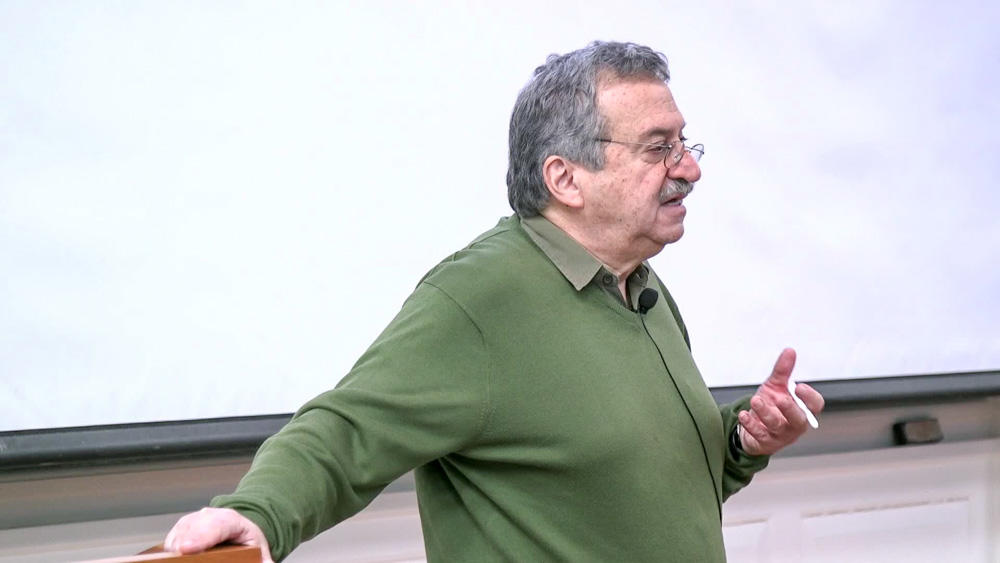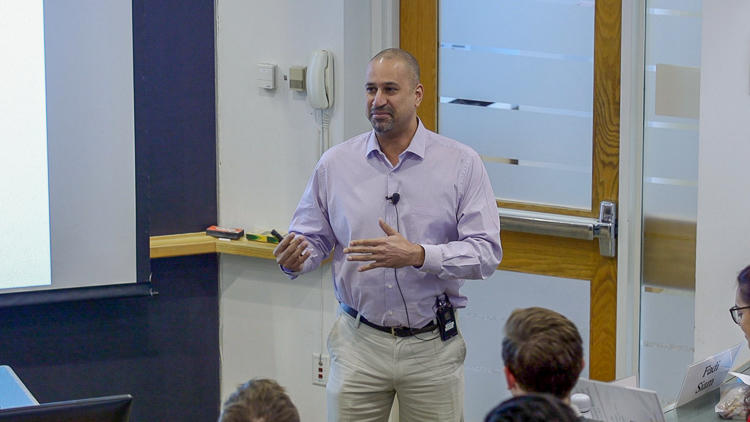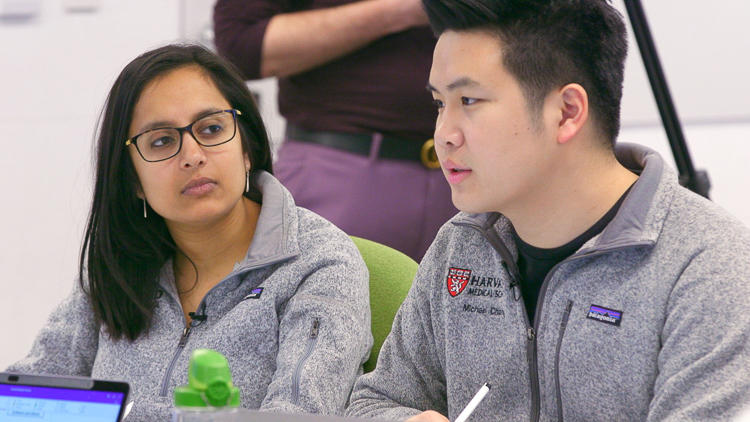Challenging students to step into the shoes of experts within their fields and consider problems from specialized points of view can make material more relevant and help students develop crucial disciplinary instincts. The ultimate goal of the history instructor, for instance, is for his/her students to be not only well-versed in the content but also able to think like historians. In every one of Paola Arlotta’s class sessions, she presents multiple experiments for students to design or interpret so they can gain confidence and practice thinking like scientists. In this video, she reflects on this practice, highlighting the value of thought processes in her field.
Modeling discipline-specific thinking through application
Instructor
Paola Arlotta, Professor of Stem Cell and Regenerative Biology
Student Group
Undergraduate
School
Harvard College
Course
Got (New) Brain? The Evolution of Brain Regeneration
Group Size
22 students
- Consider the domain-specific thinking that now comes naturally to you. Take inventory of the steps you take as a scholar when you examine new information or develop a research question, then think about how you might make visible that process to students.
- Have students step into the shoes of seminal scholars. Challenge them to think about the problems these experts were trying to solve rather than simply sharing the ultimate conclusions reached.
- Emphasize application and evaluation over memorization and recall. On assessments and in lectures, cast fact recall as a means to an end, not as an end in itself.
- Talk to your colleagues about how they train students to “develop” and “sharpen” their disciplinary lens
- Based on the analysis of expert performance, researchers posit that long-term, deliberate practice leads to expertise (Ericsson, 1993), suggesting that in order for students to learn to think like scientists, they need to deliberately engage in the practices of scientists, like experimental design
- According to Bransford, helping students to see how experts organize and solve problems may help promote learning. In addition, emphasizing breadth of knowledge, without learning concepts in depth, may prevent students from recognizing effective organization of knowledge (2000).
- Indiana University Bloomington's Center for Innovative Teaching and Learning has a tip sheet for helping decode your discipline for students
- A paper in the IDEA-POD Notes on Instruction series explains the connection between helping students ask and answer their own questions and modeling disciplinary thinking
- An MIT professor describes his approach to “Teaching Students to Be Engineers”




